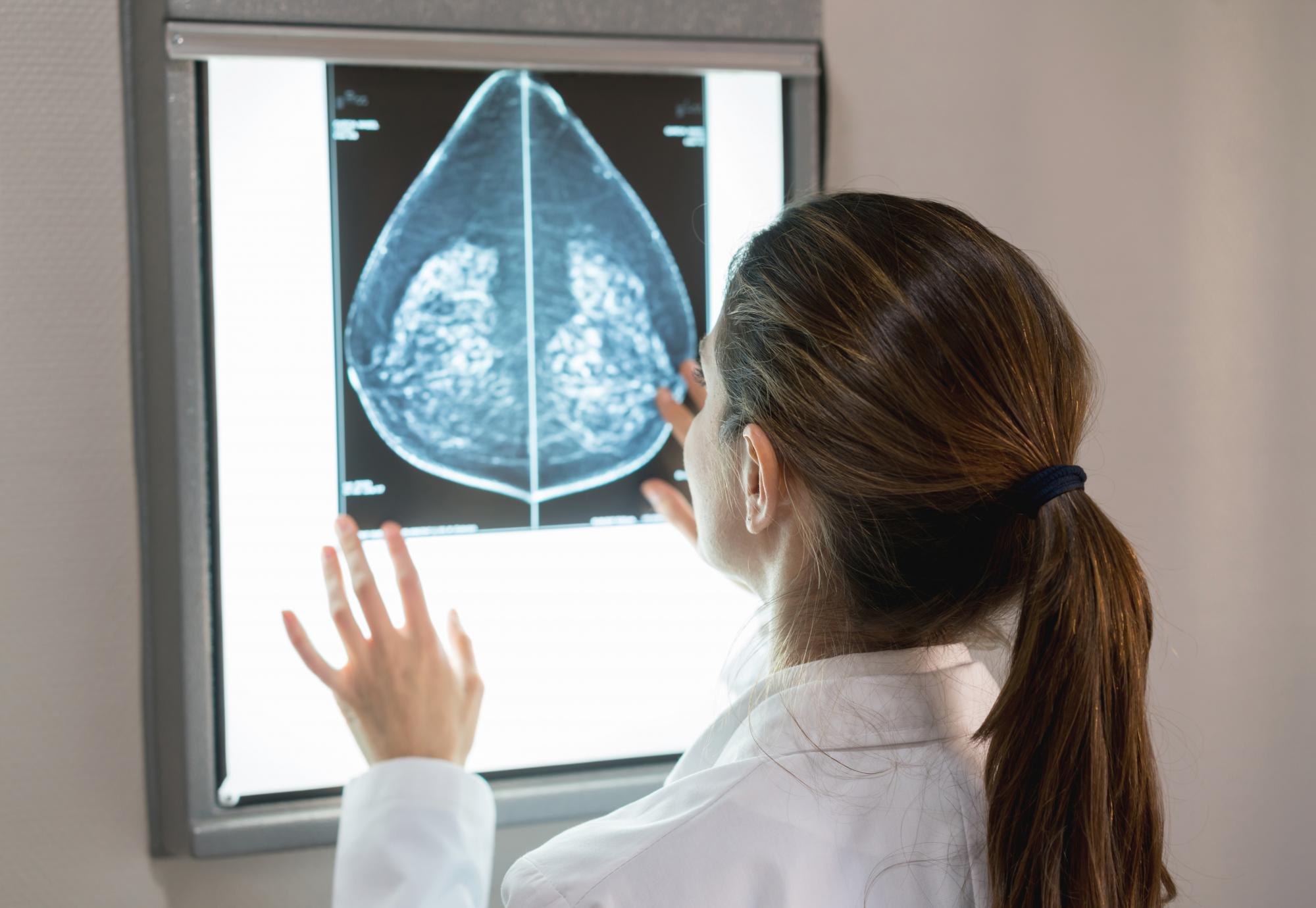Mammography Associate apprenticeships have reached an important milestone as 100 people have now qualified to work within the breast imaging workforce, representing a major boost to clinical capacity amidst national shortages.
The Level 4 apprenticeship, funded by the Apprenticeship Levy, has been operational since its development by the Mammography Associate Trailblazer Group in 2019. Comprising NHS and academic experts, the Society and College of Radiographers and Public Health England, led by Lyndsay Kinnear, National Breast Imaging Academy (NBIA) Radiographic Lead and Chair of the NBIA Radiography Working Group.
Mammography is one of the inaugural healthcare fields across the UK to introduce this four-tier workforce model. Representing a clear and successful strategy to build a stronger labour pool, further screening and symptomatic services have since embraced this strategy which has facilitated the skill development of assistant practitioners/mammography associates, radiographers, advanced practitioners, and consultant radiographers.
Lyndsay Kinnear said: “Reaching this milestone, and with a further 70 plus Mammography Associates currently in training, shows how employers are embracing the role.
“The apprenticeship provides standardised training and assessment so breast units and screening services can be confident that Mammography Associates completing the apprenticeship have the competencies needed to add real value to their service.
“As the training is funded through the apprenticeship levy, employing mammography associates is a really cost-effective way to train staff who are immediately ‘job ready’ to support the running of an efficient breast imaging service.”
Gaps within the UK’s mammography workforce can be traced back to National Vocational Qualifications (NVQs) and foundation degrees. Whilst these were readily available, they were not always mammography focused and costs increased as university fees were introduced. This lack of affordable training has put major pressure on NHS breast screening services, with the training gap now being tackled via the Mammography Associate level 4 apprenticeship.
Kerry Mills, National Programme Lead for Cancer & Imaging at NHS England, said:
“This programme, and the work of the NBIA, clearly demonstrates how focused collaboration with key stakeholders can provide a skilled workforce that is ready and able to deliver high quality patient care and service provision.”
This vital apprenticeship structure is being delivered via three training sites throughout England:
- St George’s National Breast Education, with South Thames College
- National Breast Imaging Academy, Manchester University NHS Foundation Trust, with HEE
- Jarvis Breast Centre, with The Royal Free NHS Foundation Trust
With guidance from a mentor, the apprentices undertake academic study sessions accompanied by on-the-job training within their specific trusts, supported through the NBIA’s Academy online resources. The programme covers a vast range of integral overing clinical mammography, mammography science, professional practice, quality assurance, communication and team working, and health and safety.
Shahina Ahmed, Lead Mammographer at the Parapet Breast Unit, a dedicated diagnostic, and outpatient facility based at the King Edward VII Hospital site in Windsor, said: "We've had a great experience with our mammography associates. They are a real complement to our radiography workforce and an asset to the department.
“After two years’ experience, and if the individual feels confident, two associate practitioners can work on the screening vans independently with radiographer support available from the static site. This takes the pressure off our radiographers and gives them the flexibility to focus on other clinical work.”
Joanne Hammond, Deputy Superintendent Radiographer for Breast Screening said:
“We have found the Mammography Associates to be a very loyal workforce. Radiographers are getting harder and harder to recruit so it’s useful to have the flexibility to bring in other types of staff and their varied backgrounds brings diversity to our team.
“We’ve had hairdressers, people from care homes, as well as those in screening admin roles joining the apprenticeship programme – their wide-ranging life experiences and age range brings fresh perspectives and provides new career opportunities for our local community that benefits us and our patients.”


















